Building a house in Nigeria has always been considered a major life achievement. However, in recent years, that dream has become difficult to realise due to the steady rise in the cost of building materials. From cement to tiles, nearly every essential item used in construction has witnessed a sharp increase in price.
This development has slowed down building projects across the country and also made affordable housing a distant dream for many Nigerians.
According to many builders and developers, several factors are responsible for this increase. The high exchange rate, rising cost of transportation, import duties on building materials, and inflation have all contributed to the steady hike in prices.
The unstable power supply also makes local production more expensive, forcing manufacturers to transfer the burden to consumers.
This situation has slowed down private construction projects and also affected government housing schemes aimed at providing affordable homes for Nigerians. Many ongoing projects have been abandoned or suspended because of the rising cost of materials
If urgent action is not taken, owning a home may soon be out of reach for the average Nigerian, and the country’s housing deficit which is already over 20 million units will continue to grow.
Here are five key building materials and how their prices have changed in Nigeria by 2025!
Cement
Cement remains one of the most essential materials in the building industry, but its price has risen sharply in recent years. In 2023, a 50 kg bag of cement sold for about ₦4,000, depending on the brand and location. As of 2025, the same bag now goes for between ₦10,000 and ₦10,500 in many parts of the country.
This steep increase is linked to the high cost of production, unstable exchange rate, fuel scarcity, and rising transportation costs. Many builders now say the dream of owning a home is gradually slipping away from ordinary Nigerians.
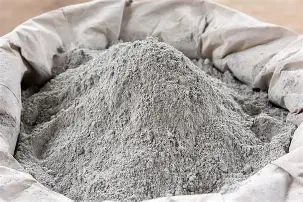
Iron Rods
Iron rods, also known as reinforcement bars, are crucial for providing strength and stability in buildings. In 2023, a ton of 12 mm rods cost around ₦450,000, while smaller sizes were even cheaper.
By 2025, however, the price has soared to about ₦1 million per ton, depending on market fluctuations. This increase has made it difficult for contractors to continue ongoing projects without adjusting their budgets.
The price hike has been attributed to inflation, higher import duties on steel, and rising global metal prices.
Roofing Sheets
The cost of roofing sheets has also doubled over the past two years. In 2023, long-span aluminium sheets were sold for between ₦2,800 and ₦4,500 per sheet.
By 2025, the same material now goes for ₦5,000 to ₦6,500 per sheet, while stone-coated roofing sheets are priced as high as ₦12,000 to ₦20,000 per square metre. The rise in prices has forced many homeowners to postpone roofing projects or opt for cheaper, lower-quality alternatives.
Granite and Gravel
Granite, gravel, and other aggregates form the base of every construction project, but their costs have also skyrocketed. In 2023, a 20-ton load of granite sold for around ₦50,000 to ₦60,000, depending on location.
By 2025, the same quantity now costs between ₦230,000 and ₦450,000. The surge is linked to higher diesel prices, quarry operation costs, and transportation expenses. Builders now spend more on foundation work than ever before, further pushing up overall construction costs.
Tiles and Finishing Materials
Floor and wall tiles, which add beauty and value to buildings, have also experienced price fluctuations. In 2023, vitrified tiles were priced between ₦4,000 and ₦7,000 per square metre, while porcelain tiles cost about ₦5,000 to ₦13,000.
As of 2025, the prices now range from ₦6,000 to ₦15,000 per square metre, depending on the brand and design. The cost of finishing a house has therefore become a major challenge for homeowners who already struggle with the rising prices of other materials.
Final Thoughts
The continuous rise in building material prices has slowed construction across Nigeria, affecting both private and public housing projects. Many developers have paused work, while prospective homeowners have shelved their dreams indefinitely.
Stakeholders in the construction industry are urging the Federal Government to stabilise the exchange rate, reduce import duties, and promote local production to bring relief to the sector. Without urgent action, home ownership may remain a dream for the average Nigerian.
Read Also:
Disclaimer
The prices and information provided in this publication are based on market trends and estimates available as of 2025. Actual prices may vary depending on location, brand, and supplier. Readers are advised to confirm current prices from verified dealers or trusted construction experts before making financial or project-related decisions.

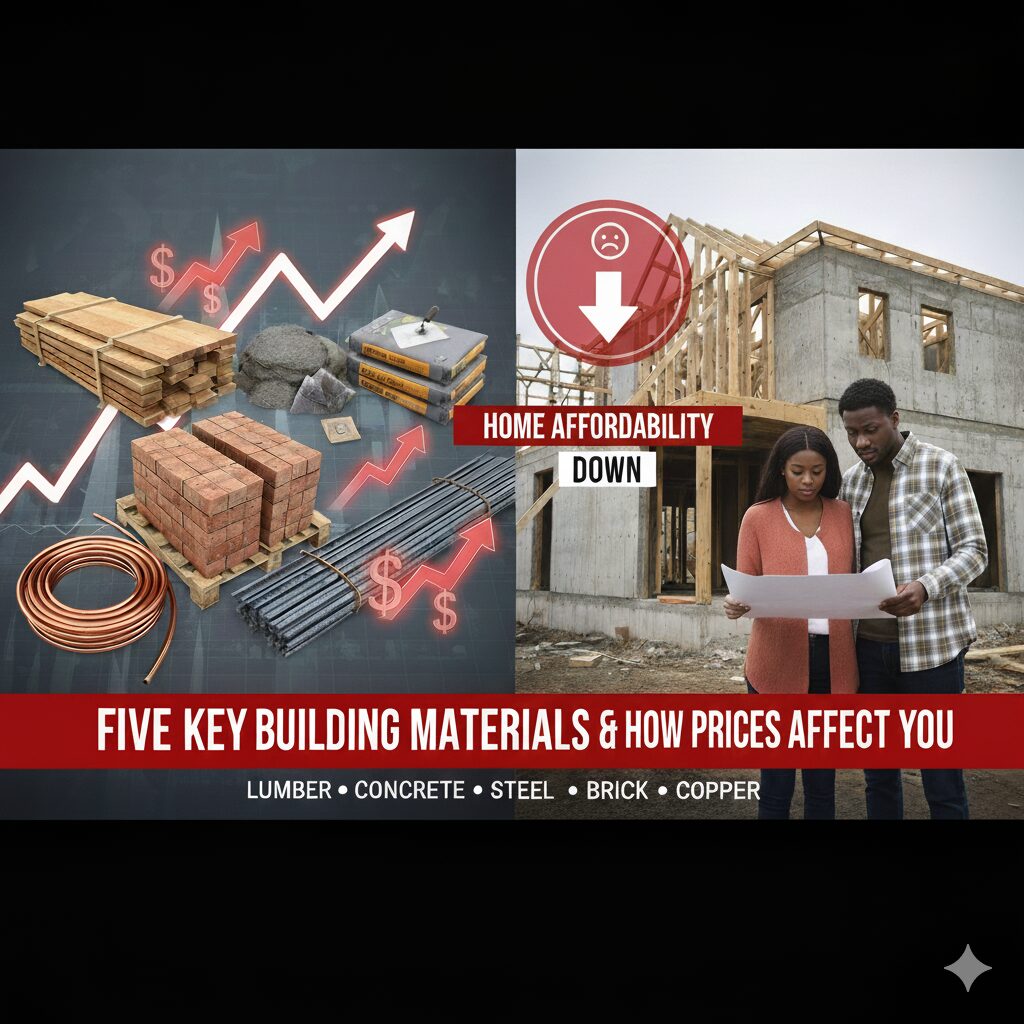


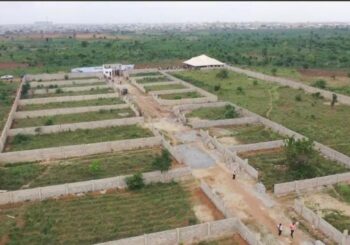

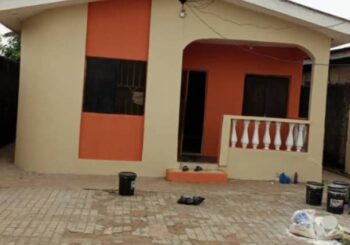

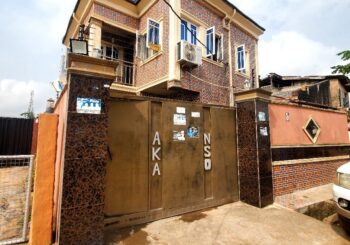
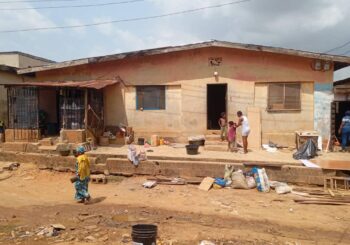
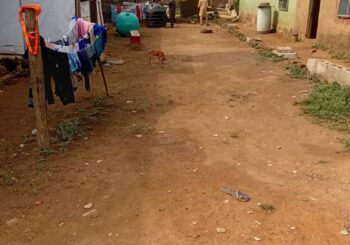
Leave Your Comment